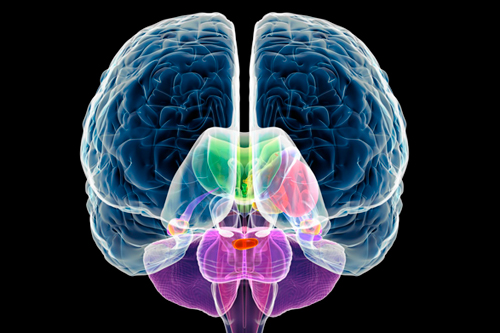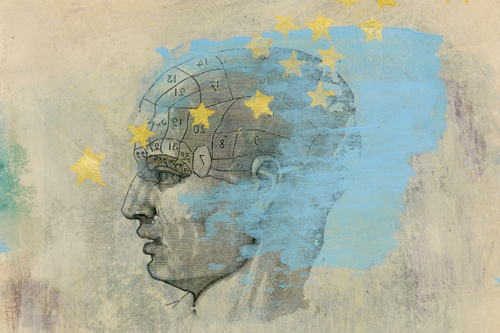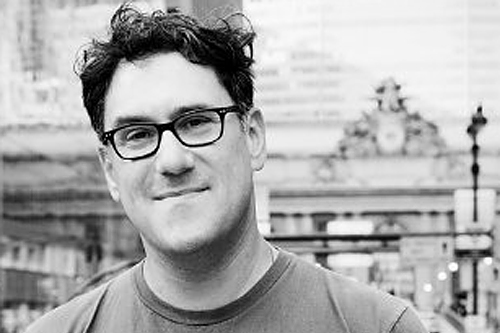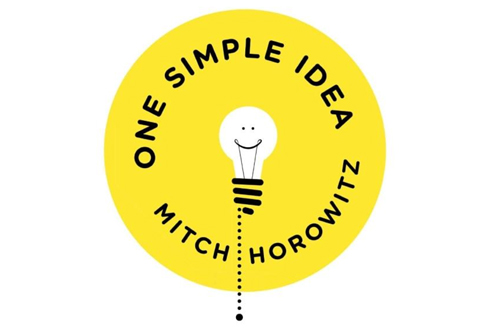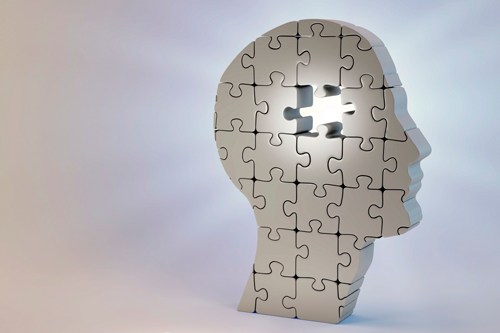When I first I learned about the importance of mindfulness practice in reducing stress and improving health, I inwardly whined, Another thing for the to-do list! As a committed transcendental meditation disciple, I thought I was doing enough to train my brain for optimal functioning. Then I interviewed Dr. Ron Siegel, assistant clinical professor of psychology at Harvard Medical School…



